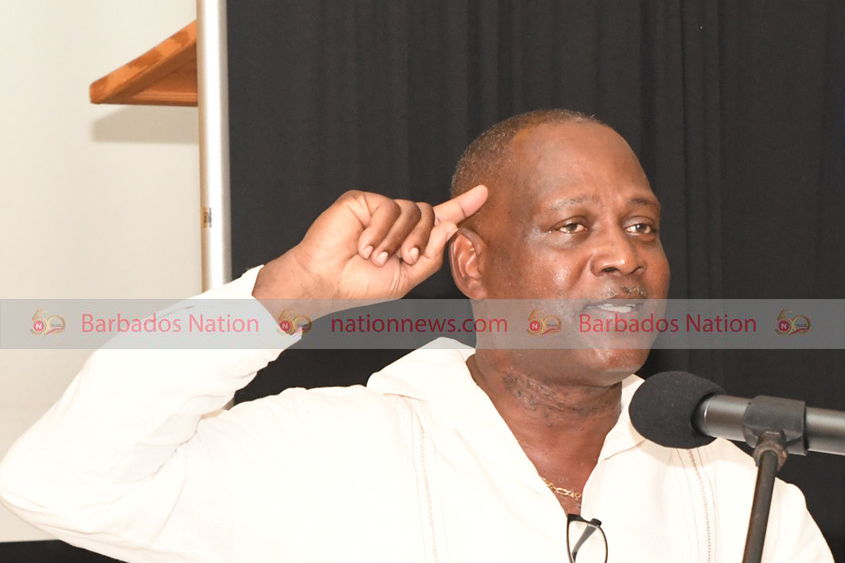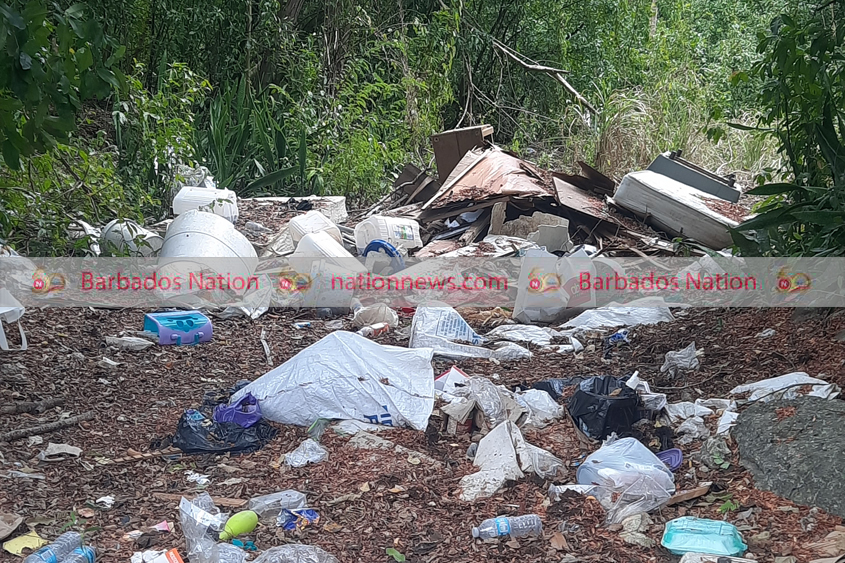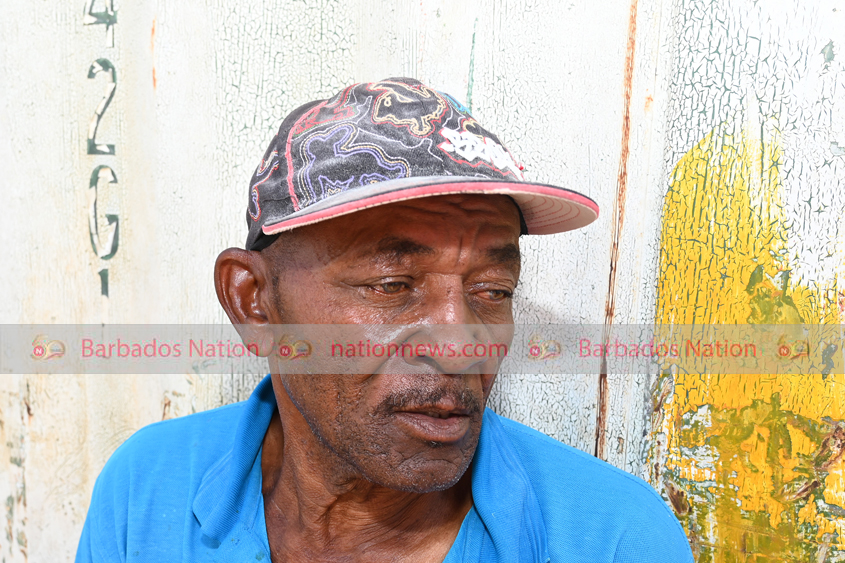

Following the recent groundbreaking ceremony for the African Export-Import Bank (Afreximbank) last week, former Minister of Health Donville Inniss has expressed a blend of cautious optimism and concern regarding the establishment of the bank, calling for transparency and clarity from Government on the arrangement.
“This is a multi-faceted issue. God knows that Barbados really needs foreign investment, when you look at our debt portfolio,” Inniss told the Sunday Sun.
“We do need foreign investment in a sustainable manner, as we have to pay our bills in US dollars. We need the investment and if it helps to strengthen the relationship between Barbados or the Caribbean and Africa, even better.”
However, he was apprehensive about the lack of clarity on the terms of the investment.
“I don’t think we can be criticising the bank being located in Barbados but the question is, what will the people of Barbados get in return?” Inniss asked. He noted the potential for immediate benefits in terms of direct investment and job creation, but stressed the importance of transparency in such arrangements.
“What is the suite of incentives that have been offered to this bank to get them here?” he queried.
He noted that Afreximbank is a private entity owned by Africans, thus making it distinct from institutions like the Caribbean Development Bank or the World Bank.
“It is erroneous to compare this investment with others,” he said.
Inniss drew attention to what he considers to be a concerning juxtaposition, highlighting that the same week the groundbreaking for Afreximbank took place, the Barbados Revenue Authority was selling properties owned by citizens who had fallen behind on land tax payments.
“This helps to create a level of disquiet in the country. We do need the investment, but this Government must be careful with the mixed messages it is sending,” he warned. “It sends the wrong message that as you are selling off properties owned by Barbadians for non-payment of land tax, you are giving away valuable real estate to foreign investors.”
The former minister raised critical questions regarding the privileges and immunities granted to a private, for-profit bank such as Afreximbank.
“The details of such an arrangement must be very clear. The Vienna Convention that governs such international arrangements between countries did not envisage private international facilities,” Inniss explained, suggesting that these complexities warranted careful scrutiny.
“The Government must be careful that it is not setting a very dangerous precedent where employees of a foreign-owned private entity are not only benefiting from tax-free status, but also a right not to be arrested, special licence plates and such like. This bank is more akin to Scotiabank or First Caribbean than it is to the CDB.”
Inniss said the disquiet has led to some into believing Government was selling the family silver to foreign investors, as manifested by the Holetown Civic Centre controversy, compounded by rumours about the Oistins Civic Centre.
The former St James South MP said he noted some details of the Afreximbank scenario came out in Parliament, but wondered if many Barbadians were connected to the forum for communication.
“Without recourse to empirical evidence, Bajans probably find debates in Parliament to be very boring and are disinterested. Parliament must not be reduced to be a glorified Parliamentary Group meeting of a political party.”





